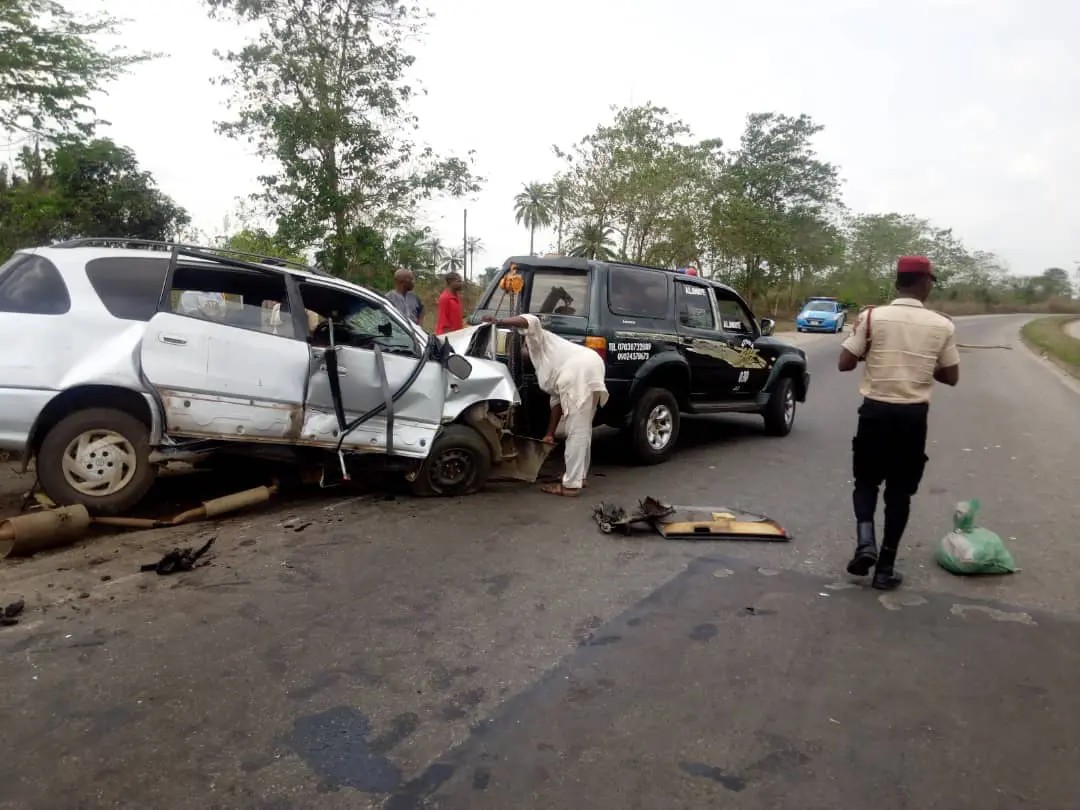
The Federal Government has identified the absence of a robust emergency medical service system as a major contributor to the high maternal and child mortality rates in the country.
To this end, the government has inaugurated a 20-man National Emergency Medical Treatment Committee (NEMTC) to oversee the activities of the National Emergency Medical Service and Ambulance System (NEMSAS) programme.
The Minister of Health and Social Welfare, Ali Pate, who inaugurated the committee in Abuja, lamented that maternal and child mortality rates in the country remain high, adding that Nigeria accounts for one in every four global maternal deaths.
Pate observed that this harrowing statistic implies that a pregnant woman in Nigeria faces a one in 21 chance of succumbing to pregnancy and childbirth-related complications, contrasting sharply with the global average of one in 190.
He stated that timely, appropriate, effective and efficient emergency medical responses can reduce these abysmal statistics, which is an essential element to achieving Universal Health Coverage (UHC) by responding to a range of acute conditions in children and adults, including injuries, infections, acute exacerbations of non-communicable diseases, and complications of pregnancy.
The minister also signed a Memorandum of Understanding on Rural Emergency Service and Maternal Transport with the National Primary Health Care Development Agency and the National Malaria Eradication Programme.
He stressed that the provision of adequate pre-hospital and in-hospital emergency care and referral systems between Basic Emergency Obstetric and Newborn (BEMONC) and Comprehensive Emergency Obstetric and Newborn Care (CEmONC) health facilities will ensure financial risk protection for pregnant women in rural areas and improve health outcomes.
He said: “This administration has streamlined the focus of NEMTC through NEMSAS, by prioritising emergency services for rural dwellers through Rural Emergency Service and Maternal Transport (RESMAT) which is a sub-set of NEMSAS.”
Pate said the task of the NEMTC is to approve the NEMSAS work plan for the administration of the stipulated 5 per cent of the Basic Health Care Provision Fund; provide periodic (quarterly, audited accounts and performance reports to the Ministerial Oversight Committee; coordinate emergency medical services; ensure the delivery of quality, effective, efficient, and timely emergency medical services; prepare the NEMSAS programme for eventual transition into an agency.
Earlier, the Permanent Secretary in the ministry, Daju Kachollom, noted that the committee is important considering the rate at which people are dying in road accidents, without emergency care, adding that one of the mandates is to ensure quality healthcare services and save lives.
In his response, NEMTC Chairman, Dr Ismail Jibrin, said the establishment of a world-class Emergency Medical Service (EMS) system in Nigeria holds tremendous potential not only in saving lives but also create downstream economic opportunities along the value chain for ambulance drivers, EMTs equipment vendors, and ICT experts.
He pledged the commitment of the committee members to propel the vision forward while leveraging their expertise and resources to build an emergency care system that serves Nigerians.






